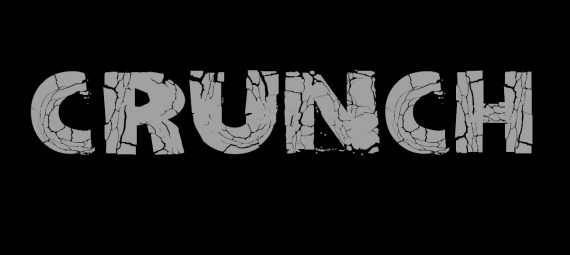My wife and I watched all four seasons of The Expanse, and we eagerly await the fifth season coming in December. While waiting for the fifth season, and as part of my research for the writing project I am working on, I read the first book in the original book series, Leviathan Wakes, by James S. A. Corey. In an interview I read, Corey stated he did not set out to write hard science fiction, yet the book has quite the crunch of plausible science and technology to it. I remember the first time I read 2001: A Space Odyssey and being hooked by it, then later reading Andromeda Strain and being engaged so much by the science within my fiction. And reading The Martian and being awed by it all. My passion for science as a kid has never diminished (resulting in my college degree in Physics), and thus my love for hard science fiction mixes that passion for science with my fascination for the futurist views of science fiction. If you have not heard of hard science fiction before, then engage your magnetic boots, and let’s take a walk in zero-G.
“The rule of thumb for a writer of ‘hard’ science fiction is that the writer is free to use anything his or her imagination can invent and depict — so long as no one can show that it contradicts the tenets of known science.”
Ben Bova
Hard science fiction is a subgenre of science fiction with an emphasis on scientific and technical accuracy. The term “hard science fiction” was first used in print in 1957 by P. Schuyler Miller in a review of John W. Campbell’s Islands of Space in Astounding Science Fiction to help differentiate the genre from earlier genres like space opera. Space Opera, in comparison, has more adventure and focuses much more on the epic story and tends to bend, and even outright break, science to move the story along. The Mandalorian is a great example of a Space Opera meets Western and is such a fun show! Even though the term hard science fiction was coined in the 50s, the early stories of Jules Verne, such as Twenty Thousand Leagues Under the Sea published in 1870, with its scientific rigor, are considered part of the genre.
With hard science fiction’s emphasis on scientific consistency and possibility, boundaries are set up that guide creators who wish to stay true to the genre. But these boundaries are flexible enough for hard science fiction authors to be prophetic in their writings. The genre truly follows its speculative fiction origins and encourages creators to extrapolate from known scientific facts and theories to possibilities that may seem unbelievable when written but, in the future, become prophetically true. Hard science fiction delves into how the universe impacts humanity and humanity impacts the universe while following the tenets of science in fact and philosophy.
Science fiction novels and cinema do not all have to be hard science fiction for me. I mean, come on, I love Star Trek and Doctor Who. Neither of those is very crunchy when it comes to realistic science with all their technobabble. And I enjoy many less scientific science fiction novels like Triplanetary by E.E. Smith and Dune by Frank Herbert. I am just finding myself drawn to crunchier science fiction right now as I delve into my own writing. So, what are some of my favorite crunchier science fiction novels?
- 2001: A Space Odyssey by Clarke, Arthur C.
- The Andromeda Strain by Crichton, Michael
- Do Androids Dream of Electric Sheep? by Dick, Philip K.
- Foundation by Asimov, Isaac
- I, Robot by Asimov, Isaac
- The Leviathan Wakes by Corey, James S. A.
- The Martian by Weir, Andy
- Rendezvous with Rama by Clarke, Arthur C.
- Ringworld by Niven, Larry
- Seveneves by Stephenson, Neal
- The Time Machine by Wells, H.G.
- Twenty Thousand Leagues Under the Sea by Verne, Jules
What about you? How crunchy do you like your science fiction? What are some of your favorite science fiction novels?


